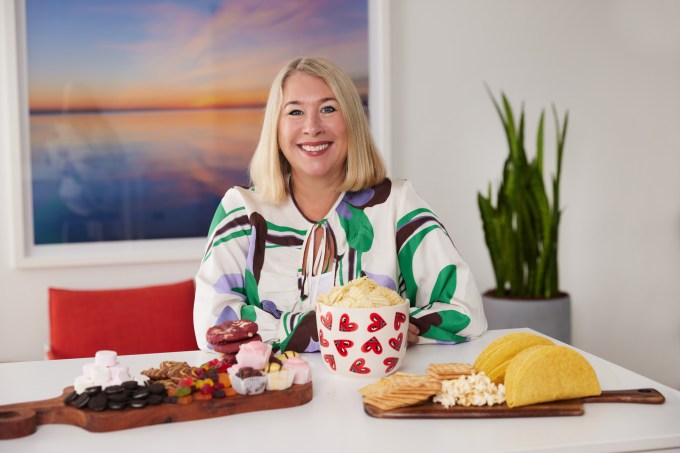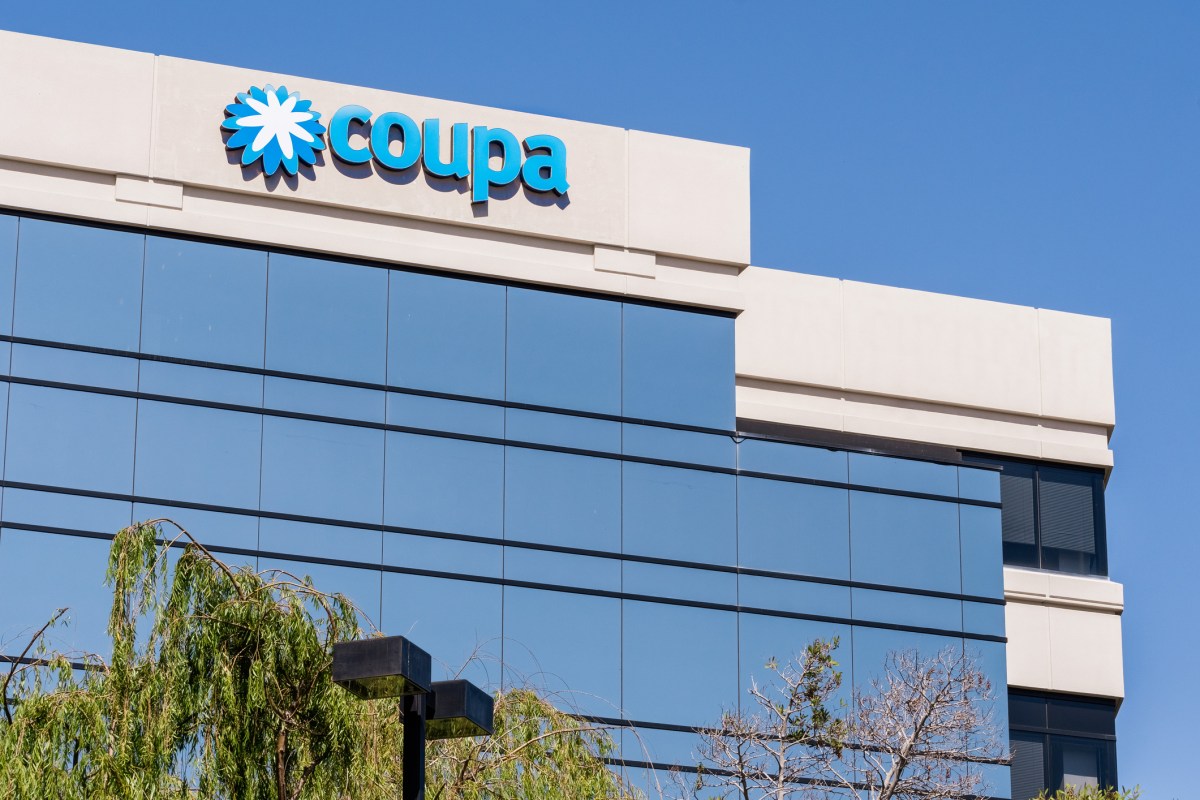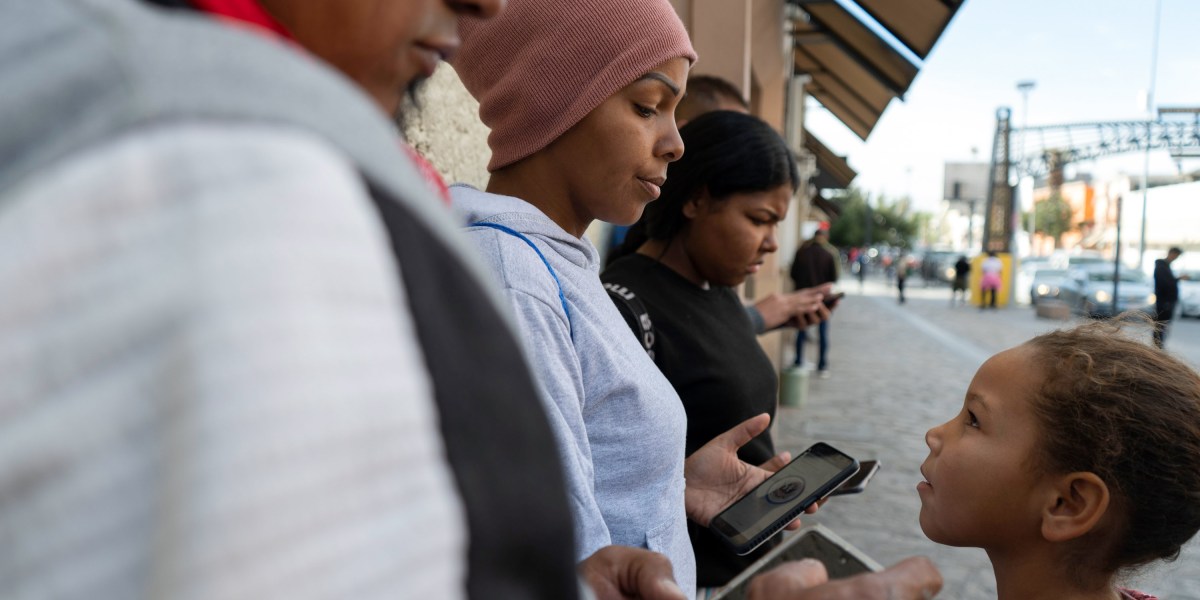Yume’s platform helps manufacturers turn potential food waste into money | TechCrunch
While running a bar in Melbourne, Katy Barfield was taken aback by the large amount of ingredients thrown out at the end of each day. After doing some research, she realized that Australia produces about 7.6 million tonnes of food waste each year. Yume was created to tackle that problem by working with manufacturers like Unilever to redistribute surplus packaged food to businesses and charities.
The startup announced today a $2 million AUD (about $1.3 million USD) seed funding, raised from venture firm Investible’s Climate Tech Fund, which focuses on the Asia-Pacific region. It also included participation from new and returning investors like Launch VIC, Goodrich Group, Veolia and angel investor Pitzy Folk. This brings Yume’s total funding so far to $7 million AUD. Yume is based in Melbourne and recognized by the Australian government as a certified social enterprise.
Founded in 2016, Yume works with manufacturers including Unilever, Kellanova (Kellog’s) and Mars Food and Nutrition, along with Australia’s four largest charities, and has facilitated the redistribution of 8 million kilograms of surplus food so far. Yume currently has more than 35 active buyers and returned $22 million AUD to the companies that use its platform to sell excess food. It has also helped donate over one million meals to charities. Yume monetizes through a subscription model and taking a buyer commission.
Barfield describes owning a bar “as one of those a-ha moments in my life.” Before that, she says she had little awareness of food waste. Then while working at the bar, she realized chefs had to deal with the unpredictability of what dishes would sell well that day. As a result, the staff usually had to throw away large amounts of unused ingredients after closing.
“That was the first time I thought, oh my goodness, these animals have been slaughtered and ended up in a plastic bin liner,” says Barfield. “And secondly, I thought about multiples of that. This was a tiny little bar in the middle of Melbourne. I looked it up and there were 40,000 different hospitality establishments across Australia. I thought if you take what we throw out on a Friday and multiply that by 40,000, that is a horrific amount of food waste.”
As she did more research, Barfield saw the other negative impacts of food waste, including the amount of methane emissions it produces. She realized that food manufacturers are struggling with the same problem as retailers, but at a much larger scale. Of the 7.6 million tonnes of food waste produced in Australia each year, 40% of that happens at the industrial level before food arrives at a supermarket or restaurant.

Yume founder Katy Barfield
Part of finding a product-market fit was getting to the core of what manufacturers need, Barfield says. At first she assumed that manufacturers had highly sophisticated inventory management systems for clearances, but they didn’t.
Furthermore, excess inventory makes up 2% to 5% of their inventory, so they usually focus on other channels since reducing food waste is time consuming. As a result, Yume decided make food waste prevention “a more pleasurable experience for those manufacturers,” Barfield says. She adds that Yume’s product-market fit is borne out by the fact is has a 100% renewal rate year-on-year for their annual subscriptions.
Saving surplus food from the landfill
There are plenty of reasons for food waste. A major one is unpredictable supply and demand. For example, food manufacturers’ R&D departments might create new products that don’t perform as well as predicted. Some have a short shelf life or are seasonal products. Sometimes items are mislabeled or in the wrong packaging.
Yume was created to alleviate these problems. The platform focuses on consumer packaged goods and helps manufacturers find resellers. Barfield gives an example of cream cheese that was produced for export to China, but had a wrong character on it. It couldn’t be exported, but Yume was able to get it into a commercial kitchen for use. For food that can’t be sold, it is offered for donation.
“It’s a waterfall effect because the primary reason for manufacturers being in the business Is to be able to sell the product and get a return,” Barfield says. “Then if it doesn’t sell, it can go through to donation. It’s making that end-to-end process really seamless and automated so we avoid all the leakage that currently occurs in the system.”
To use Yume, manufacturers identify excess inventory and upload it onto the platform, which already has their SKU libraries with product information. Then buyers submit offers to the manufacturers. If product is left over, it can go up for another round of bidding. Food that doesn’t sell is then available for donation and offered to food rescue organizations.
One of the advantages of using Yume’s software is that manufacturers can reach up to 30 buyers at a time, instead of having to make multiple phone calls. Then orders are placed in order of preference. Barfield explains that some suppliers wants volume over value. For example, their priority might be to clear out a warehouse. Others might want to get the best price for their surplus food (manufacturers get historical product pricing to help them make decisions about realistic pricing). Yume operates throughout all of Australia, but sometimes manufacturers only want to ship within a state.
“There are many different things and the algorithm sorts through based on preferences. So manufacturers are served a whole list of best offers based on their preferences,” says Barfield. “They can just go tick, tick, tick, tick and it’s done, rather than all this back and forth on phones.”
Yume also makes the donation process easier by removing friction for manufacturers. Barfield explains there are usually several departments working on donations, including charity liaisons who have to ask their finance department if giving away goods is okay. Then they need to call food rescue organizations to ask if they want, say, 10 tonnes of cream cheese. Sometimes charities don’t need that much food and it goes to waste, especially if it has a short shelf life. Yume’s process for donations is similar to its process for selling food, because it contacts multiple organizations at once and organizes food available on its platform.
A countrywide focus on climate tech
Despite the funding winter, Australia’s climate tech sector is booming. Other food waste startups include Whole Green Foods, which converts food waste into usable ingredients; food waste processing provider GoTerra; Bardee, which turns food waste into protein and fertilizer; produce seller Good and Ugly; and Reground for putting coffee grounds and chaff back into soil.
Barfield says Yume is in a unique position in the food waste industry because it’s the only company that works with manufacturers on packaged goods. “The reason we do that is because it’s the most processed product,” she notes. “If you put that in the ground and bury it, that is such a great loss to the planet because there’s all that energy that’s gone into making the product, packaging the product, getting the product ready for sale, all of the packaging associated with it. It has the biggest impact environmentally.”
Yume is the newest portfolio startup in Investible’s Climate Tech Fund, which supports founders who are building high-growth tech with a positive climate impact in the Asia-Pacific region. It’s also the latest company led by a woman; about half, or 48%, of the Climate Tech Fund’s portfolio are companies with a female founding member, and 21% are solely led by a woman.
This funding also marks a milestone for Investible, because three of the firm’s vehicles invested together in Yume, with its Early Stage Fund 2 and Club Investible syndicates joining Investible Climate Tech Fund. Yume will use its new funding to prepare its technology for international expansion. It also plans to double its headcount by the end of this year, with 75% of new hires for its tech and product teams.
Investible chief investment officer Charlie Ill told TechCrunch one of the reasons the firm backed Yume is because of Barfield’s experience. She was previously founding CEO of SecondBite, a national food redistribution charity, and a recipient of the Order of Australia Medal in 2023.
“Yume has tried, tested and broken business models that took several iterations through product and target customers, before seeing a rapid uptake and lift in traction with many large-scale customers. Yume also has a first-mover advantage in the local Australian market with its end-to-end solution for clearance food,” he says.
When asked about Yume’s role in Australia’s growing startup scene, Ill said, “Yume fits into a key category that needs addressing. Food waste accounts for one-third of all human-caused greenhouse gas emissions, generating 8% of greenhouse gases annually. We are thrilled to be backing an impactful and smart business in Yume and look forward to joining the business of its growth journey.”




